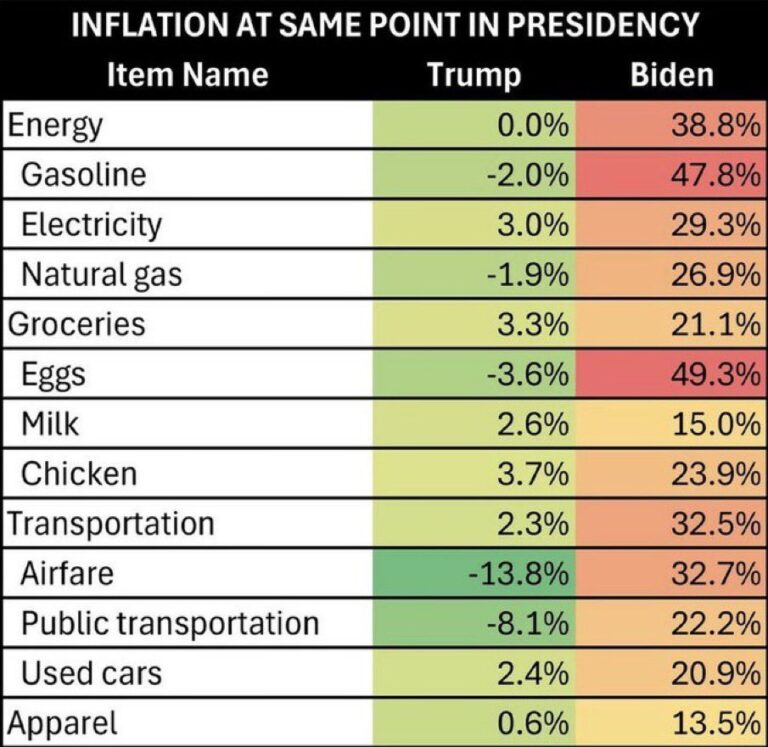We have 7 acres with a small cabin in north ga
Like to refi to lower rate and term
Can't find any lender over than local bank
Too rural
We don't finance over 5 acres
Blah blah
I've heard every excuse
You know any one besides United community that does rural mortgages ?
Rural is not the issue as much as unique properties. I recently financed a cabin in Polk county with 10 acres, a pool, a pond and a separate 3 car garage. The appraiser was able to find comparables within a reasonable distance so it worked out. If there weren't any comps it never would have worked. If the area has other cabins that are similar that have sold in the past 3-6 months or single family homes of similar size and acreage it should not be a big issue. 7 acres is not too much, 20 - 25 acres is where we run into trouble. Another thing is if the land is worth more than @ 30 - 40% of the total value it may be an issue. We've taken homes on large lots and had some of the acreage split off so the ratio of land vs homes is more in line.
If it's a very small loan you may find lenders telling you they can't do it just because it's not worth their time. I know guys that won't do a loan if it's under $100,000, I don't understand it personally.





